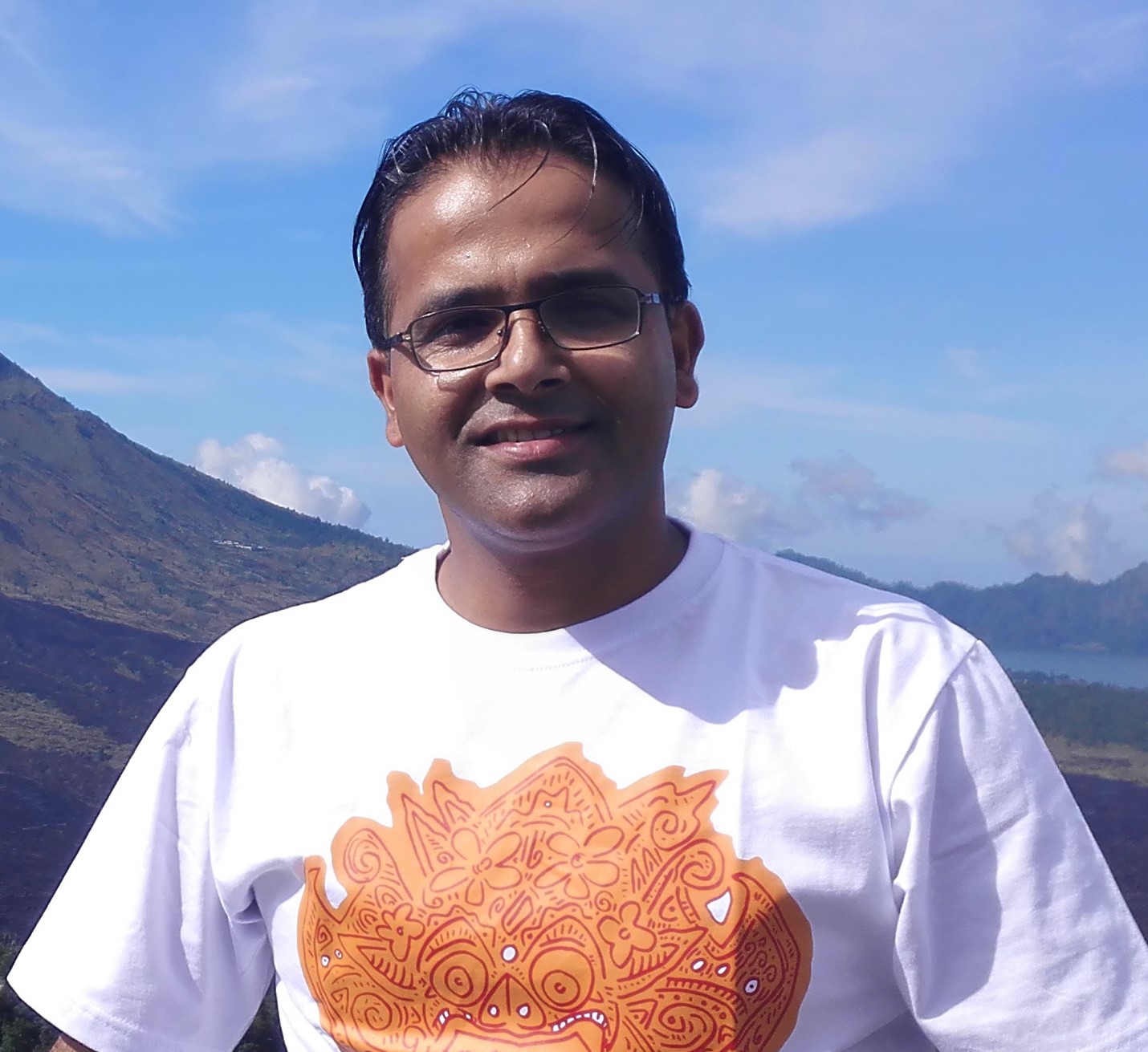As healthcare systems in Nepal and India reach breaking point, Amnesty International (AI) has called on governments across South Asia to immediately address the healthcare shortages to combat COVID-19, and civil society activists and organizations in Nepal have urged China to provide additional vaccines to Nepal to prevent the further loss of human lives.
“The virus is spreading and transcending borders at a frightening speed and will continue to hit the region’s most marginalized populations hardest of all. We are at a critical point. Fewer than one in 10 of the region’s population has been vaccinated. The decisions taken by governments in South Asia and across the world in the coming days and weeks will be crucial in mitigating the human cost of this latest surge,” Yamini Mishra, Asia-Pacific Director at AI said in a statement issued on May 13.
The human catastrophe that is unfolding in India and Nepal should be a warning to other countries in the region to invest heavily in surge capacity for emergency response, she added.
At the same time, as many as 83 civil society leaders of Nepal issued a Citizen Appeal on May 12 requesting that China supports Nepal with the immediate delivery of health equipment including oxygen cylinders, oxygen plant, and oxygen concentrators so as to ensure the smooth supply of oxygen in Nepal.
“As the first country to successfully bring the deadly virus under control, China’s experience and resources have been crucial and we would appreciate any emergency medical team support that China can extend to assist Nepal’s frontline workers on the ground in this fight against the pandemic,” the appeal read.
- According to AI, South Asia, home to a quarter of the world’s population, is fast becoming the new global epicenter of the COVID-19 pandemic
- On 6 May, India reported more than 400,000 new cases in one day, taking its total tally of confirmed cases to 21.5 million although this is likely to be a significant underestimate
- Nepal, which shares a porous border with India, has already started to experience a massive spike in infections
- In Nepal, daily cases increased 30-fold from 303 to 9,317, an increase of 2,975%, between 12 April and 12 May
- With India halting exports of oxygen, Nepal is struggling to find alternative supplies
- After suffering the second wave last year, countries including Pakistan, Bangladesh, Afghanistan, and Sri Lanka are also witnessing a surge with the number of infections rising sharply
- The new Indian variant of coronavirus has been detected in Sri Lanka and Bangladesh, prompting the authorities to close borders and ban travelers from India
- Bangladesh’s nationwide lockdown has struggled to limit public movement or contain the surge in daily infections which rose to 7,200 in early April, its highest point in the pandemic, before beginning to lessen
- Authorities in Pakistan have steadily tightened restrictions on travel in a bid to prevent a surge in COVID-19 cases during Eid whereas the Afghan government has so far ignored the advice of its Ministry of Public Health to implement a lockdown
- Intensive care units in Nepal, Pakistan, Bangladesh, and Sri Lanka are now full or close to capacity
- From late January onwards, Bangladesh, Nepal, and Sri Lanka began to receive vaccine doses through donations from India and other countries and through commercial deals
- In the midst of its current crisis, India temporarily halted the export of vaccines on 24 March to prioritize domestic requirements, leaving the rest of the region with a severe shortfall of vaccines
- Vaccination rates across South Asia remain extremely low. In Pakistan, only 0.9% of the population have received one dose of the vaccine so far
Observing that the disease has worsened an already dire healthcare situation in the region, AI’s Asia-Pacific Director Mishra urged South Asia’s governments to develop mechanisms for building surge capacity to manage patient loads, sustain essential services and reduce the social and economic impact of the pandemic. Adding that governments need to focus on protecting the human rights of the marginalized and vulnerable groups at high risk, Mishra urged:
“They must take effective steps to ensure that health facilities are available, affordable, and accessible to everyone without discrimination.”


